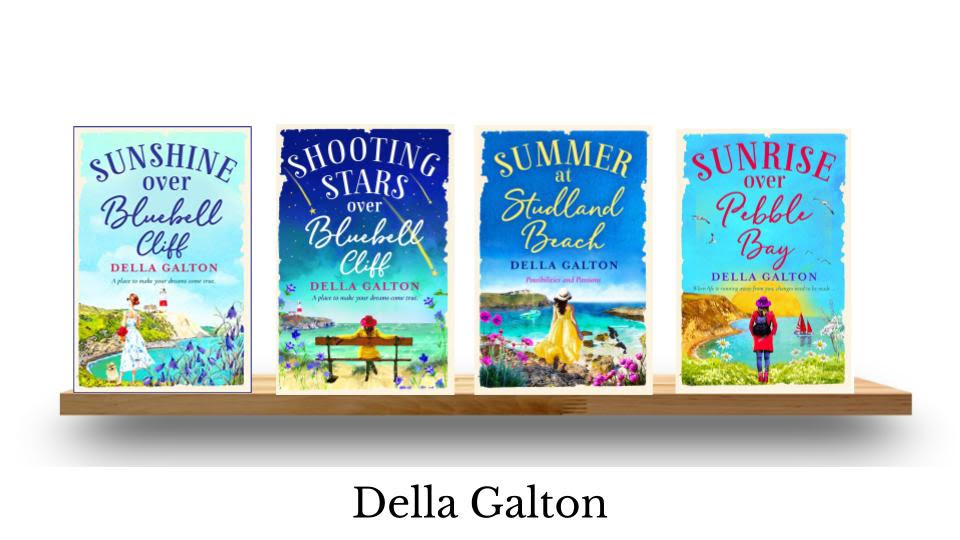Here’s another question from a recent postbag at Writers’ Forum. This one comes up quite a bit. We’re talking fictional ones by the way!
Q A common cause for the rejection of short stories (I know, because I’ve received many!) is that “the story line was too predictable”. I find this very hard to avoid particularly when writing a romantic story for the women’s magazine market, when the maximum number of recommended characters is only three or four. What can be done to stop the reader from working out that the boy and girl who meet at the beginning of the story are not inevitably going to end up in each other’s arms?
A First of all, I emphasize with you. I agree that writing a romantic short story for a magazine is one of the hardest genres to crack, for exactly the reasons you state. Here are some tips that I hope may help:
- While the romance is likely to be a little bit predictable, other aspects of the story needn’t be. You might want to try a unique setting. I’ve sold more than one story which featured a wedding or romance set somewhere unusual, for example an ice hotel. Think about setting your romances somewhere unique or unlikely.
- You can also experiment with viewpoint. It’s a common misconception to think that romances need to be told solely from the female perspective. They don’t. A romance told from the male perspective, or possibly even a child’s perspective (providing it isn’t the child having the romance) can work just as well and make your story a little different. You might also want to consider dual viewpoint, a romance told from both the hero and the heroine’s viewpoint. I’ve sold a few of these.
- The romance needn’t be your main plot line either. It could actually be a subplot. Perhaps consider writing a family story, where the romance is relevant to more than one generation or a cosy crime story where the romance underlays the solving of a crime.
- Also, don’t forget that it’s possible for the writing itself to be predictable. The use of language and a slightly different style can give romance a new freshness. As can a slightly different structure, i.e. a monologue or diary format.
There’s actually a very fine line between predictable and unpredictable. And actually it’s always an editor’s perception, there’s a little bit of luck involved too.
So I wish you good luck.






Here is a test — delete me if you wish.
Thank you Captain Black. How could I delete you 🙂
So helpful as always Della – thank you xx
But don’t we readers of romances often want predictable? After all, we all know that Elizabeth and Darcy are going to get together, it’s the delicious and convincing scenes along the way to the satisfying end which make the story.
Yes, that’s very true, Tanya – I’m inclined to agree with you. But I was just answering her question 🙂